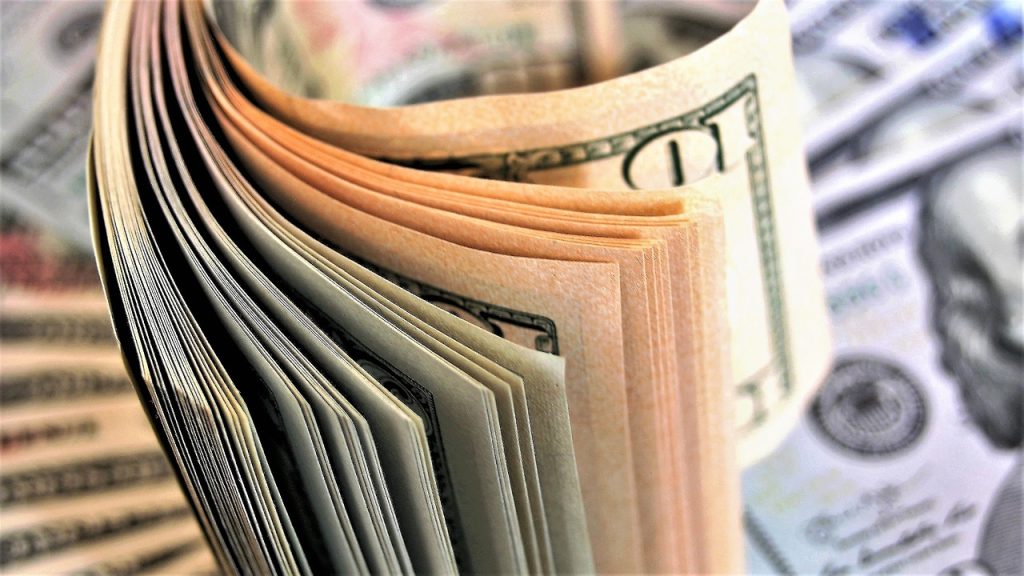Overview of Virginia Taxes
Virginia has an overall progressive tax structure. This means that the state collects income taxes based on where you live and how much money you make. If you earn $100,000 per year, you pay 10% income tax. If you earn $1 million per year, you pay 15%. There is no cap on what you can earn before paying income taxes.
The state does use a flat tax structure, however. This means that everyone pays the same percentage of their income regardless of how much they earn. For example, if you make $50,000 annually, your total tax bill will equal about $2,500. A person making $200,000 yearly will pay roughly $5,500 in taxes.
Property taxes in Virginia are relatively high compared to other states. Property taxes account for nearly half of the total revenue collected by the state government. However, the amount you pay depends on the value of your home. The average homeowner will pay around $3,600 annually. The median household income in Virginia is just over $60,000, meaning most people do not actually pay anything close to the full cost of living.
Taxes in Virginia
Virginia has a 4.5 percent corporate income tax rate, a 7 percent state sales tax rate, and a 5.8 percent average combined state and local taxes.
Filing & Payment Procedures

The Franchise Tax Board requires that all banks with main offices in the City of Richmond file a franchise tax return annually. This includes banks operating branches located outside of the city limits. These returns are due by March 1st of each year.
A copy of the franchise tax return should be mailed to the Commissioner of the Commonwealth within 10 days after filing; however, it is recommended that you send a hard copy of the form to ensure timely delivery.
If you do not receive a refund check from the Franchise Tax Board within 60 days, please contact our Customer Service department at 800-851-0026.
Create your LLC Corporation with just 3 easy steps
Payment of Tax
All banks with offices in the City of Hampton are required to pay taxes by June 1. If you have questions about how to do this, please contact the Treasurer’s Office at 757-922-5200.
The following banks have offices located within the City limits of Hampton:
Bank of America – 1010 East Main Street
Citizens Bank – 901 West Main Street
First Citizens National Bank – 515 North Queen Street
HSBC Bank USA – 803 South Water Street
Norfolk Southern Railroad – 4001 Atlantic Avenue
SunTrust Bank – 500 East Main Street
USAA Federal Savings Bank – 4100 Atlantic Avenue
Virginia Community Bancorp Incorporated – 2300 W. Military Road
Wachovia Corporation – 2525 Veterans Drive
How Virginia Tax is Calculated
The state collects a sales tax on most goods sold within Virginia. This includes items like clothing, food, and furniture. However, there are exemptions for certain purchases. For example, groceries, prescription drugs, medical equipment, and school supplies are exempt. Also, there are some exceptions for businesses. Some products do not qualify for the exemption because they are considered luxury items. These include cars, boats, and planes.
Virginia does not collect a personal property tax. Instead, it uses a flat tax system. This means that everyone pays the same percentage of their income regardless of their earnings. The amount of tax paid depends on the type of income earned. Income above $3,000 per annum is taxed at 3%. People who make over $10,000 annually pay 5% of their income.
Frequently Asked Questions
Are franchise taxes deductible
The federal government provides tax deductions for business owners who pay franchise taxes. A franchise tax is an excise tax imposed on businesses that operate under a brand name. These taxes are levied at different rates depending on the company’s size. To qualify for these deductions, companies have to meet certain requirements. To qualify for the deduction, they need to file their returns on time and follow the rules set out by the IRS. You cannot claim the deduction if you do not meet those requirements.
How are LLCs taxed
LLCs are treated diffterently than corporations under federal income tax law. An S-Corporation (a corporation) pays taxes at the corporate level. If the business earns profits, those profits are distributed to shareholders who pay personal income tax on their share of the profits. In contrast, an LLC does not have any earnings; its owners are responsible for paying taxes on their share of the company’s losses. Therefore, if an LLC loses money, its owners pay no income tax. However, they may still be liable for self-employment tax.

James Rourke is a business and legal writer. He has written extensively on subjects such as contract law, company law, and intellectual property. His work has been featured in publications such as The Times, The Guardian, and Forbes. When he’s not writing, James enjoys spending time with his family and playing golf.







